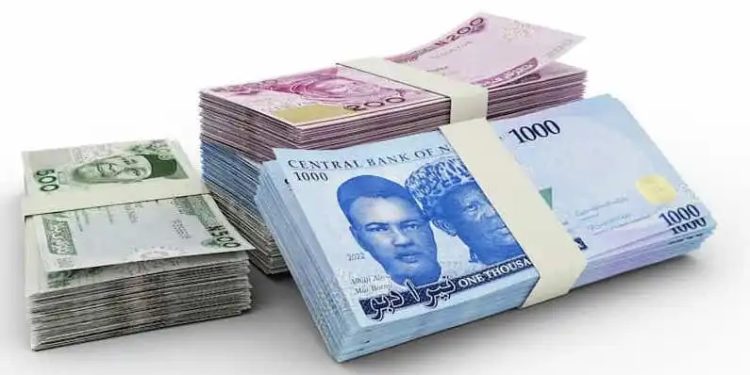The Nigerian naira remained largely unchanged in the unofficial market on Wednesday, trading within the narrow band of N1,600 to N1,605 per U.S. dollar, even as the greenback regained momentum in global markets following a period of weakness.
Despite international headwinds—including declining oil prices, trade tensions, and Nigeria’s widening trade deficit—the local currency maintained relative stability. Analysts attribute this muted volatility to cautious market activity and the Central Bank of Nigeria’s (CBN) ongoing efforts to restore confidence in the foreign exchange regime.
CBN Pledges Policy Transparency
Speaking at an investment forum in New York, CBN Governor Yemi Cardoso reiterated the bank’s commitment to transparency and stability. “We are working hard to rebuild confidence through clear policy direction,” Cardoso stated. He also noted that Nigeria’s recent credit rating upgrade by Fitch—from negative to stable—would boost the country’s appeal to international investors.
The CBN has faced mounting pressure to maintain monetary discipline and improve liquidity in the FX market. According to Cardoso, “There will be no policy reversals,” signaling the apex bank’s resolve to follow through with ongoing reforms.
Global Markets React to U.S. Policy Shifts
Meanwhile, the dollar index—a measure of the U.S. dollar’s value against a basket of major currencies—rose by 1% to 99 points, rebounding from a three-year low of 97.8. This recovery came on the back of reassuring remarks from U.S. Treasury Secretary Scott Bessent, who suggested that the U.S.-China trade war may soon ease.
Adding to the positive sentiment, President Donald Trump softened his stance on Federal Reserve Chairman Jerome Powell, stating he had “no intention” of removing Powell before his term ends. This marked a departure from previous threats and brought a temporary sense of stability to currency markets.
However, the president’s earlier criticisms of Powell and repeated calls for interest rate cuts have stirred concerns about the independence of the U.S. central bank, fueling volatility in the bond and currency markets.
Investor Sentiment Still Cautious
Despite the dollar’s rebound, investor uncertainty remains high. The political tension surrounding the Federal Reserve has raised red flags about future monetary policy decisions and the U.S. dollar’s role as a global reserve currency.
Foreign investors have begun reducing exposure to U.S. assets amid fears of rising political interference. U.S. Treasury markets, while traditionally considered a safe haven, have recently underperformed relative to other advanced economies.
Still, analysts believe that in the event of a global economic downturn, the U.S. dollar may once again emerge as a preferred asset, supported by the scale and liquidity of American financial markets.
Outlook for the Naira
Back in Nigeria, the naira’s near-term outlook remains tethered to global oil prices and domestic reforms. While the CBN has introduced several measures to stabilize the currency, including unifying exchange rates and enhancing FX market liquidity, the naira remains sensitive to external shocks.
Traders are closely monitoring upcoming policy signals and macroeconomic data releases, particularly those related to inflation, oil revenue, and investor sentiment, which will be crucial in determining the naira’s trajectory in the months ahead.










